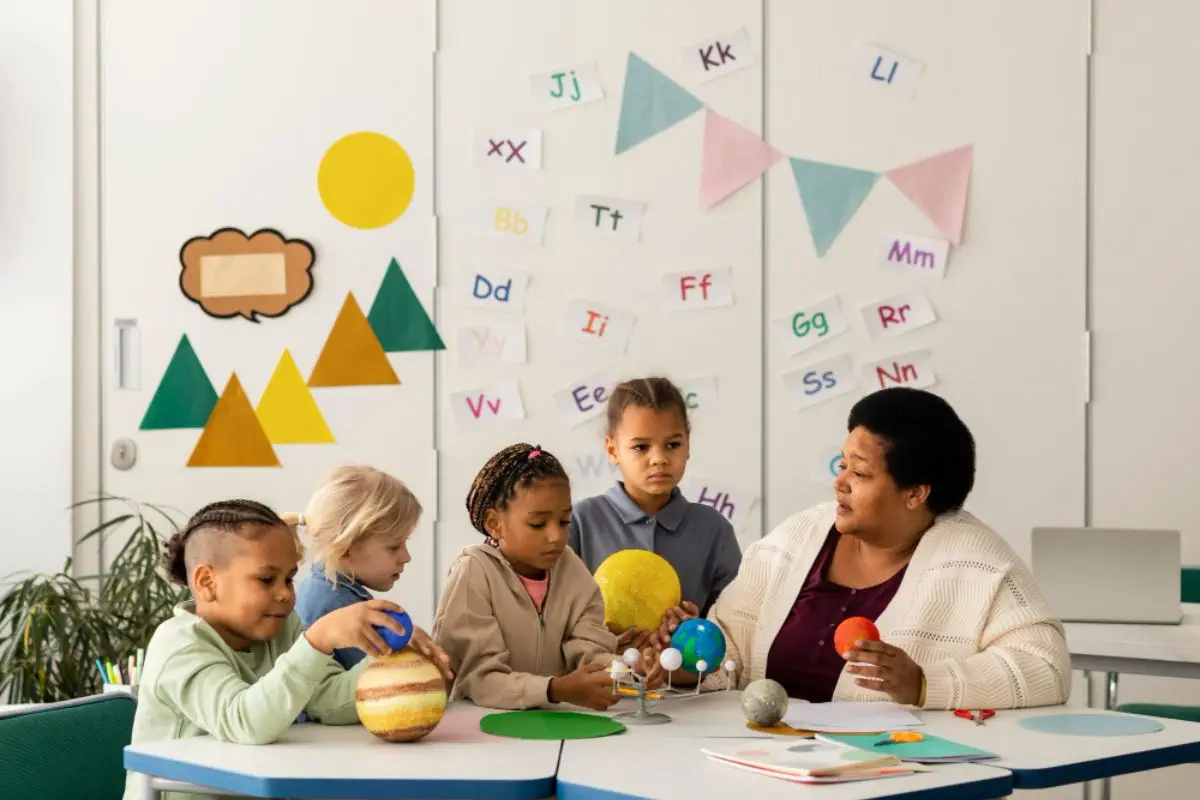In the rigor of academia, it’s easy to overlook the importance of relaxation and play. While studies and exams take center stage in a student’s life, the need for a creative outlet is often underestimated. Engaging in playful activities has the power to rejuvenate the mind and enhance learning capabilities. In this article, we explore the significance of integrating fun into a focused student’s life and how it can lead to academic success. Below, we’ll uncover the fundamental benefits of play and how it can be fused with study routines for an optimal learning experience.
The Psychological Benefits of Play for Academic Success
Play does more than just bring joy; it boosts cognitive abilities by activating brain regions involved in problem-solving and adaptability. This mental exercise strengthens neural connections, helping students retain new information more effectively. Play enhances mood, providing a break from academic pressures and improving focus during study sessions, leading to more productive learning.
Social interaction through play is equally important, as it encourages collaboration and creative thinking—skills essential for future professional success. It also triggers the release of endorphins, which reduce anxiety and depression, promoting a positive mental state. Just like enjoying a free sweepstakes casino, engaging in playful activities supports emotional well-being and academic performance.
Balancing Study Sessions with Play: A Strategy for Enhanced Learning
Effective learning involves a balance between academic and leisure activities. Interspersing study periods with short bursts of playful activity can prevent burnout and maintain focus. These breaks are not just pauses in learning but active parts of the cognitive process. For example, a quick game or hobby can reset the mind and act as a motivational tool to sustain studying efforts over longer periods.
Play doesn’t have to be time-consuming or distracting; even simple acts like solving puzzles or doodling can invigorate the mind and help learners assimilate knowledge from a renewed perspective. This strategy can lead to a more balanced lifestyle, counteracting the sedentary nature of prolonged studying. By considering play as a counterpart to study, students can create a dynamic and flexible study routine that accommodates both intellectual demands and enjoyment.
Play and Creativity: Fostering Innovative Thinking in Serious Students
Play is a crucial tool in academia, fostering creativity and innovation. It encourages out-of-the-box thinking, which is essential in tackling complex academic challenges. Engaging in creative play can inspire cross-disciplinary connections and lead to unconventional solutions to academic problems. This creative mindset fosters an environment where new ideas flourish, making it valuable in research and development sectors.
Students who play excel academically and become trailblazers in their future careers. Creative play introduces risk-taking, developing resilience to confront academic challenges. By learning to navigate uncertainty, students develop a skill that is transferable to academic endeavors and beyond. Play is a valuable tool for fostering creativity and innovation in academia.
The Role of Play in Stress Reduction and Mental Health for Scholars
Play is a crucial tool in academics, providing a release valve for stress and allowing students to recharge. Engaging in enjoyable activities temporarily detaches students from scholarly demands, preventing academic fatigue and enhancing their attentiveness and readiness to tackle challenges.
The tranquility of play also has long-term implications for mental wellness, as regular leisure activities can reduce the risk of burnout and mental exhaustion. Play is a protective factor, nurturing mental health, just as critical as intellectual growth. Recognizing and embracing the significance of play is essential for maintaining a healthy mental state throughout an educational journey. Therefore, play is a natural and effective antidote to the high-stress environment of academia.
Incorporating Play into Study Routines: Practical Approaches for Students
Incorporating play into a study routine can enhance learning by offering relaxation and joy. Whether it’s enjoying a game at a sweepstakes casino, playing an instrument, or engaging in sports, activities should balance study time. Even small changes, like switching study locations or adding gaming elements, can refresh the mind and improve focus.
For those pursuing careers with ongoing education, like a masters in respiratory therapy online, play is essential. Balancing intense study with enjoyable activities helps maintain enthusiasm and stamina, fostering a healthier, more sustainable approach to both personal and academic life.
Overall, the judicious interplay of study and leisure is fundamental to a student’s academic and personal development. Play offers a multifaceted benefit, bolstering mental health, creativity, and effective learning techniques. Students who embrace this balanced approach are poised to thrive within the demanding spheres of academia and beyond.
Stay in touch to get more updates & news on Ny City Paper!
